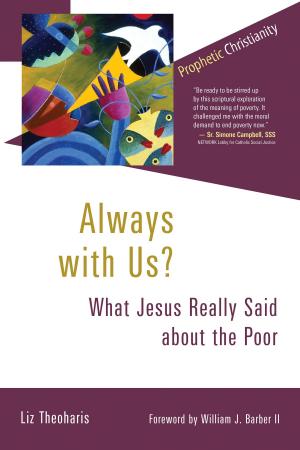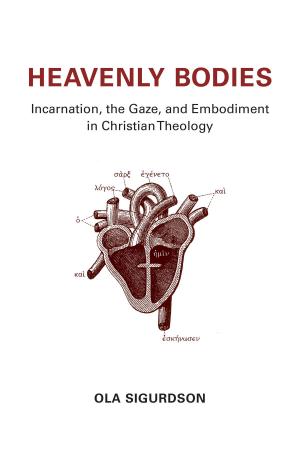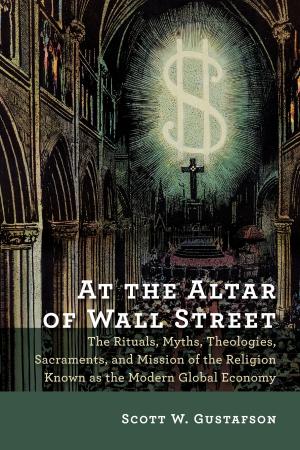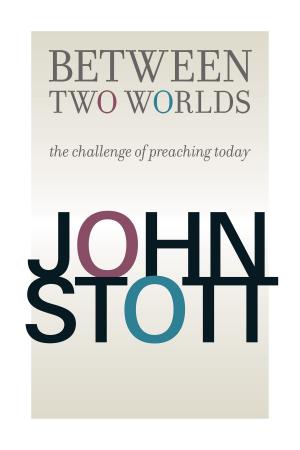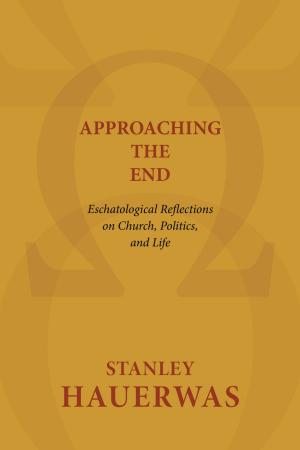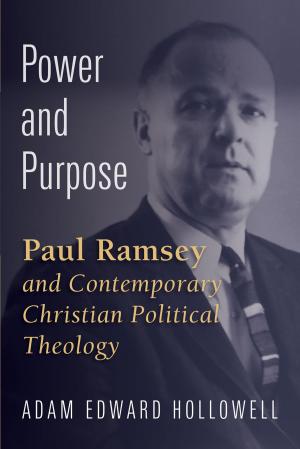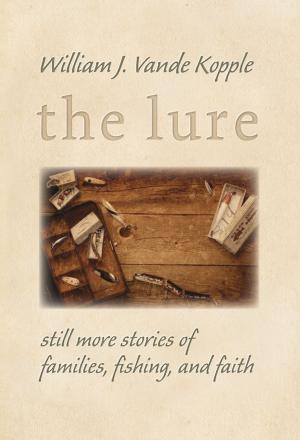Commonwealth and Covenant
Economics, Politics, and Theologies of Relationality
Nonfiction, Religion & Spirituality, Theology, Ethics, Philosophy, Political, Business & Finance, Economics| Author: | Marcia Pally | ISBN: | 9781467445382 |
| Publisher: | Wm. B. Eerdmans Publishing Co. | Publication: | March 2, 2016 |
| Imprint: | Eerdmans | Language: | English |
| Author: | Marcia Pally |
| ISBN: | 9781467445382 |
| Publisher: | Wm. B. Eerdmans Publishing Co. |
| Publication: | March 2, 2016 |
| Imprint: | Eerdmans |
| Language: | English |
* *In Commonwealth and Covenant Marcia Pally argues that in order to address current socioeconomic problems, we need not more economic formulas but rather a better understanding of how the world is set up — an ontology of how we and the world work. Without this, good proposals that arise lack political will and go unimplemented.
Pally describes our basic setup as “separability-amid-situatedness” or “distinction-amid-relation.” Though we are all unique individuals, we become our singular selves through our relations and responsibilities to the people and environments around us. Pally argues that our culture’s overemphasis on “separability” — individualism run amok — results in greed, adversarial and deceitful political discourse and chicanery, resource grabbing, broken relationships, and anomie.
Maintaining that separability and situatedness can and must be considered together in public policy, Pally draws on intellectual history, philosophy, and — especially — historic Christian and Jewish theologies of relationality to construct a new framework for addressing present economic and political ills.
* *In Commonwealth and Covenant Marcia Pally argues that in order to address current socioeconomic problems, we need not more economic formulas but rather a better understanding of how the world is set up — an ontology of how we and the world work. Without this, good proposals that arise lack political will and go unimplemented.
Pally describes our basic setup as “separability-amid-situatedness” or “distinction-amid-relation.” Though we are all unique individuals, we become our singular selves through our relations and responsibilities to the people and environments around us. Pally argues that our culture’s overemphasis on “separability” — individualism run amok — results in greed, adversarial and deceitful political discourse and chicanery, resource grabbing, broken relationships, and anomie.
Maintaining that separability and situatedness can and must be considered together in public policy, Pally draws on intellectual history, philosophy, and — especially — historic Christian and Jewish theologies of relationality to construct a new framework for addressing present economic and political ills.



